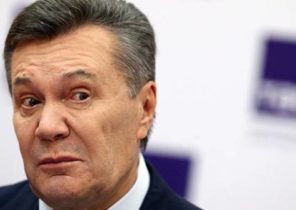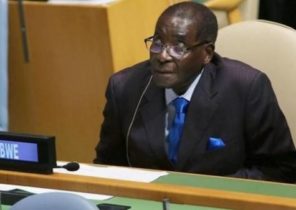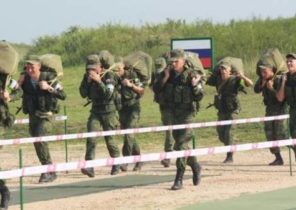
Hybrid attack, using propaganda and fake news now pose a threat to the elections in France and Germany, said Prime Minister of Latvia Maris Kuchinskis. His 2-million state watched as hackers attacked the neighbours, and firmly supported the European Union sanctions after Russia helped the separatists and Ukraine filled with fake news.
“Our arguments did not find a response”, while this tactic is not affected Germany and other countries last year, said Kuchinskis in an interview in Riga, capital of Latvia, on Tuesday. “There is a tendency to spread disinformation and participate in a hybrid war. Given the upcoming elections in France and Germany, I do not believe that everything will suddenly change.”
These votes could be crucial in determining the course of European politics on the background of the rise of the populists, which became the forerunner of Brexia, undermine the Italian government and the arrival of Donald trump in the White house. Leaders in Poland and Hungary antikomintern gather the strength to challenge the main trend of the EU.
The three Baltic States, which border Russia, are reluctant to remain members of the Soviet Union and broke away from Moscow’s authority in the early 1990-ies, then in 2004 joined the EU, together with other former Communist States. They have long warned that Russian President Vladimir Putin may apply methods that used in Ukraine in order to influence voters in Western Europe.
The Baltic region has become the victim of a cyber-war. In 2007, the websites of the government, the media and banks in Estonia has been available for a long time after the attacks. Then-President accused the Kremlin attacks, followed by a moving memorial of the Second world war; Russia has denied any involvement. In 2015, the Ministry of defence of Lithuania reported that the web site of the army became the object of attack by hackers who posted false information about the military exercises in the region.
“We pay attention to our” cyber-security, said Kuchinskis. “Our defense system is very well designed” and integrated with [the system] NATO.
The Prime Minister also warned about the power of state-controlled Russian TV channels, which is difficult to compete due to the generous funding and easy accessibility, even outside their home country. “Russian TV channels provide information do professionally,” said Kuchinskis, who became Prime Minister in February last year. “They have interesting and exciting content, and a lot of shows and movies”.
Putin rejected allegations in [the] Russian hacking campaign aimed at the strengthening of the position of the trump. He said that in this case the losers the Democrats are just looking for the perpetrators.
The Baltic States are cautious on the prospects for the presidency, trump, and increase military spending within NATO. Trump called the Alliance obsolete, although Kuchinskis has told that does not see changes in the American military commitment in the region. The desire for closer ties with Putin is “normal,” he said.
Kuchinskis has declared that next year Latvia will reach the target level of expenses for members of the NATO two percent of economic output, and did not rule out that maybe even to raise them, after neighbouring Estonia. If circumstances change militarily, the country will operate, he said. “For this kind of priority we will of course find the money,” said Kuchinskis.







